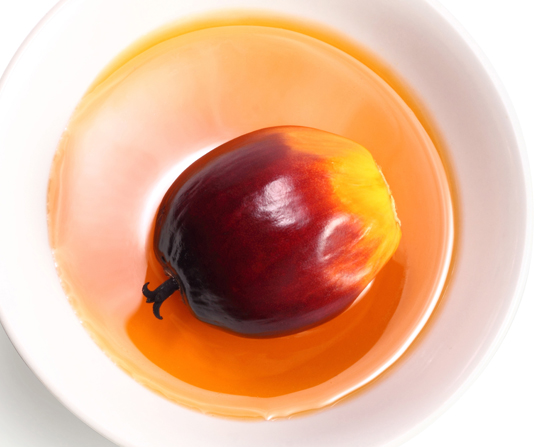The Anti-Cancer Factor
April 29, 2022 Return

Professor Dr Ammu K Radhakrishnan Professor of Pathology (Immunology), International Medical University
“My friends always tell me, ‘Oh, there you go again, about tocotrienols!’ They feel that I am always talking about tocotrienols,” says Prof Dr Ammu K Radhakrishnan with a laugh. “But even if I talk a lot about them, many people are still unaware of their benefits!”
Prof Ammu is one of the many researchers who are studying the potential benefits of tocotrienols, a group of vitamin E compounds, in the fight against cancer. In Malaysia, there is significant research activity, because one of the richest sources of tocotrienols is palm oil. Establishing the benefits of tocotrienols would not only boost our health, but our country’s economy as well!
The wolf in sheep clothing
Back to the topic of cancer, have you ever wondered why our immune system does not stop cancer cells from growing, the way it stops germs and viruses?
Prof Ammu explains that the immune system fails to recognize the threat because the cancer cells are actually our own cells turned “rogue” i.e. these cells express many of the same chemical structures on their surface as their normal counterparts. “As far as our immune system is concerned, the cancer cells are the same as our normal cells. In fact, there is a possibility that a subset of T-lymphocytes known as the T-regulatory cells will prevent activation of our immune system against the cancer cells, thereby inhibiting our natural anti-cancer effects.”
Therefore, cancer cells are not just wolves in sheep’s clothing – the sheep are protecting the wolves!
Anti-cancer properties
So, how are tocotrienols useful against cancer? Research offers some interesting clues.
Inhibits growth and spread of cancer cells.
Prof Ammu was involved in a research which found that tocotrienol supplementation can inhibit tumour growth and spread. Additionally, it enhances the tumour-killing activities of the immune system (specifically, that of cytotoxic T-lymphocytes).1
Promotes death of cancer cells.
Prof Ammu was also involved in another study, which showed that tocotrienols can induce cell death in breast cancer cells. They activate the gene responsible for the production of an enzyme known as poly(ADP-ribose) polymerase (PARP), which is involved in cell death. They also inhibit the production of certain substances (nuclear factor kappa-B or NF-ƙB) that trigger cell proliferation and inflammation. As a result, cancer cells become more sensitive to factors that can activate their cell death.2
“Additionally, there are studies which suggested that tocotrienols can help inhibit the growth of blood vessels necessary for cancer cells to proliferate,” adds Prof Ammu.
Furthermore, there are suggestions that tocotrienols affect cancer cells without affecting normal cells as well, and they may even exert protective benefits against radiation.
“Therefore, it is possible that there could be great synergy between tocotrienols and cancer treatments,” says Prof Ammu.
References:
Abdul Hafid, S.R., et al. (2013). Tocotrienol-adjuvanted dendritic cells inhibit tumor growth and metastasis: a murine model of breast cancer. PLoS One; 8(9): e74753. doi: 10.1371/journal.pone.0074753. eCollection 2013.
Loganathan, R., et al. (2013). Tocotrienols promote apoptosis in human breast cancer cells by inducing poly(ADP-ribose) polymerase cleavage and inhibiting nuclear factor kappa-B activity. Cell Prolif; 46(2): 203-13. doi: 10.1111/cpr.12014.
If you like this article, do subscribe here.










